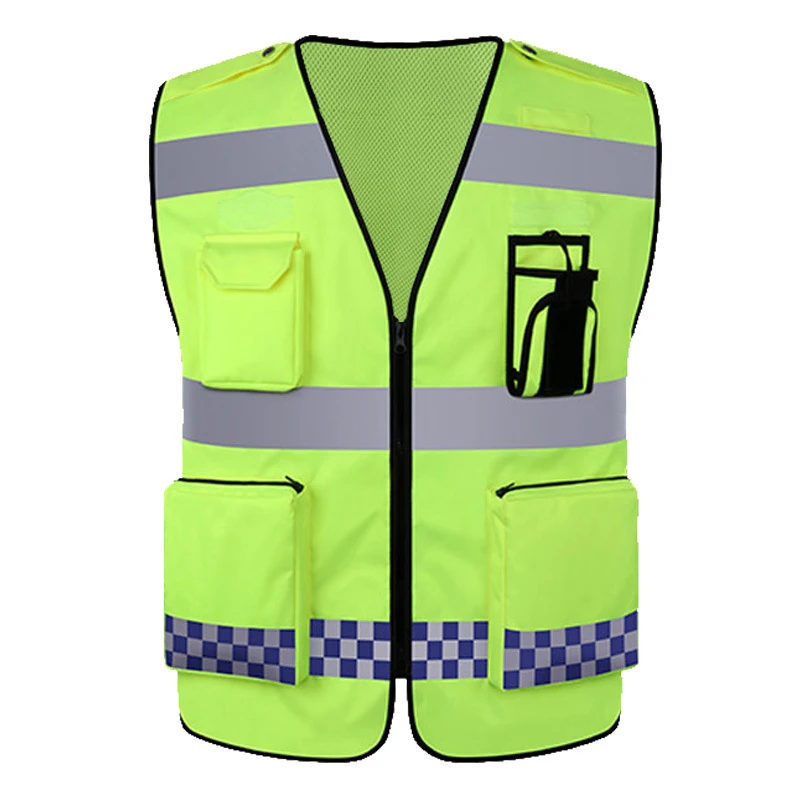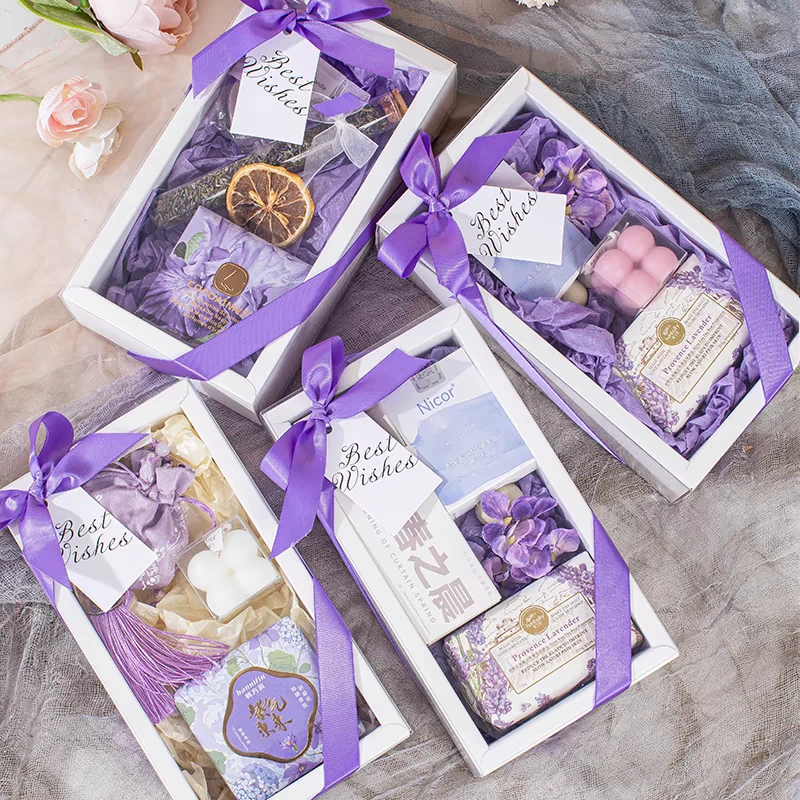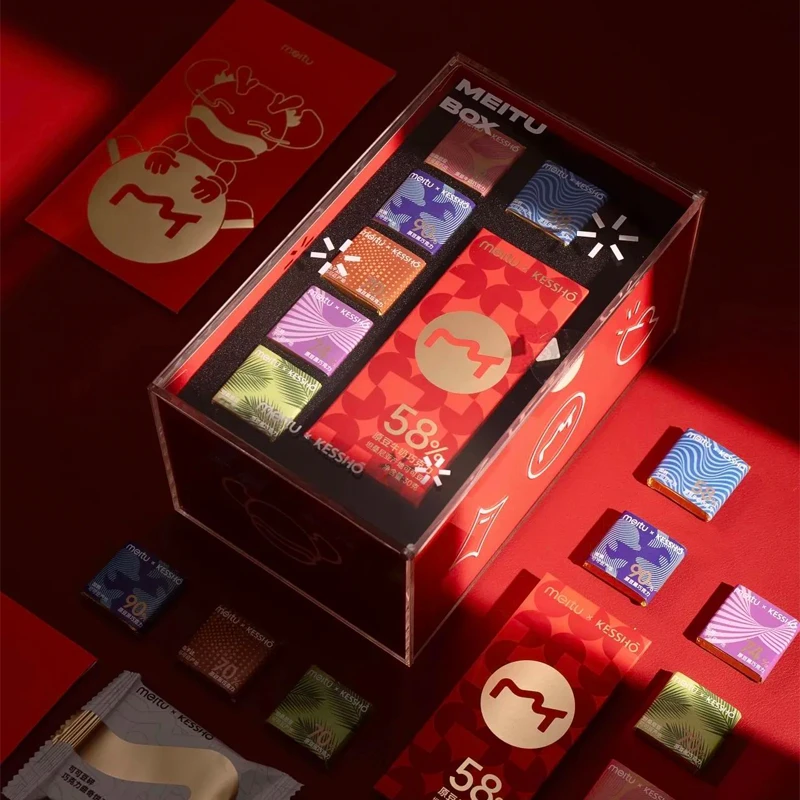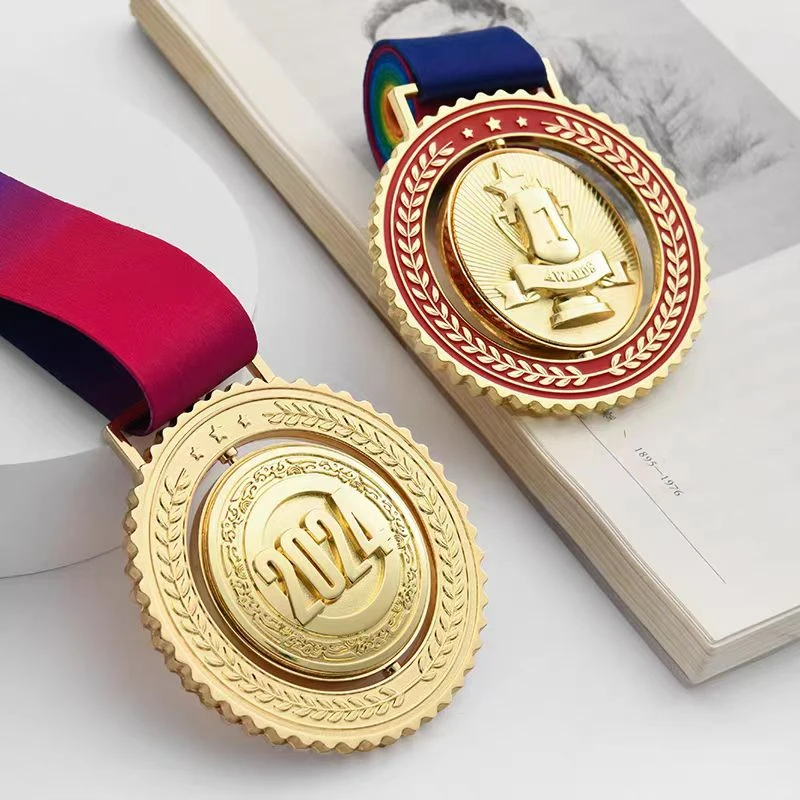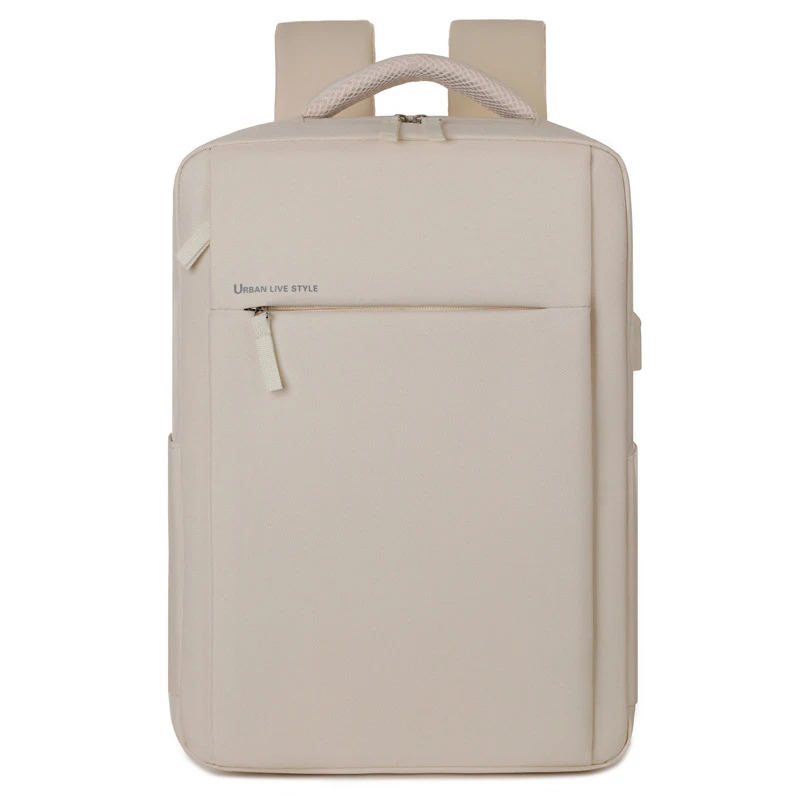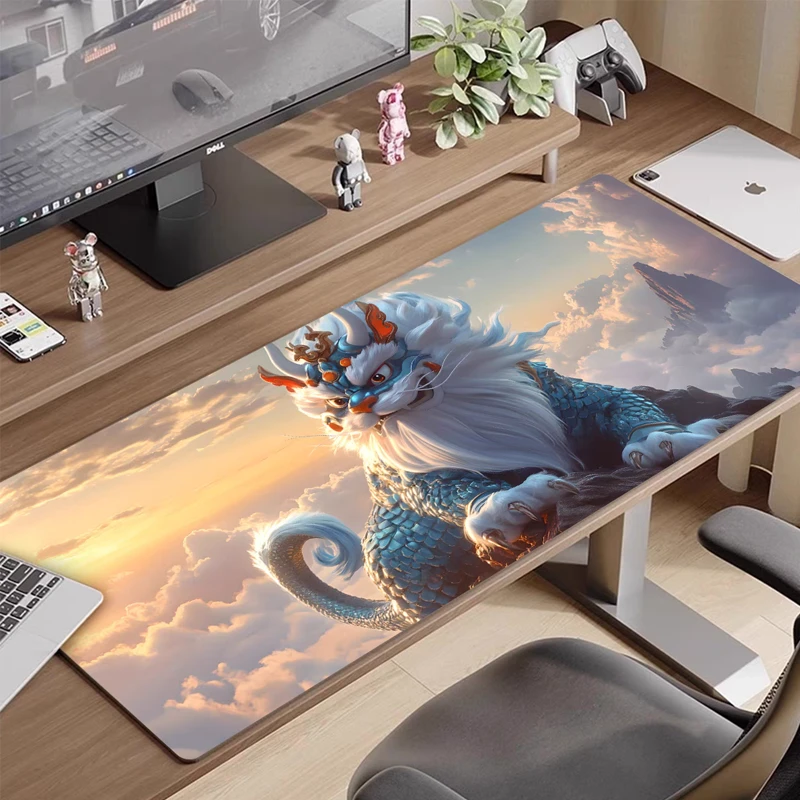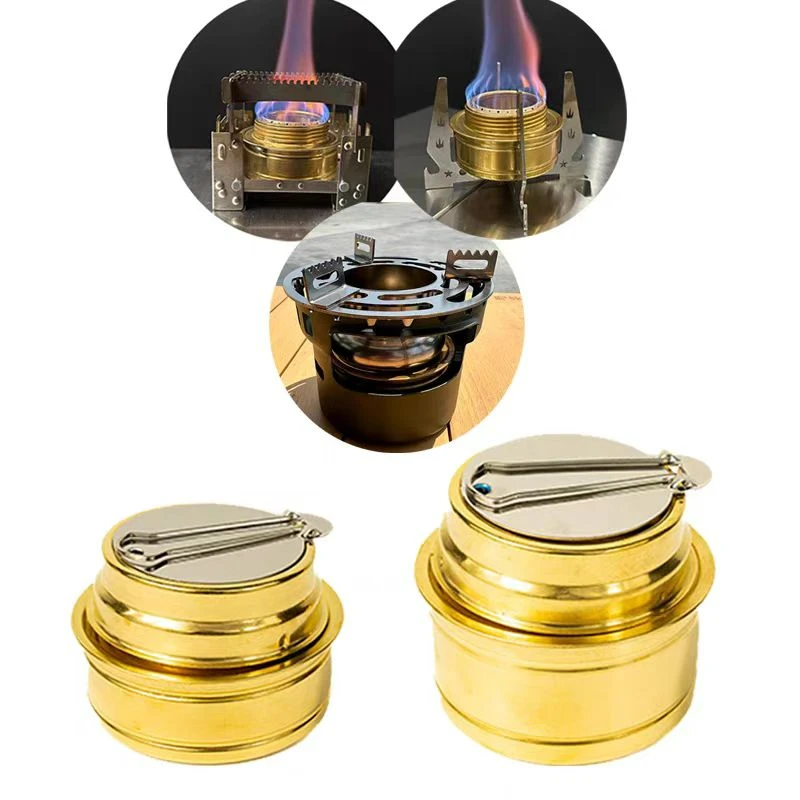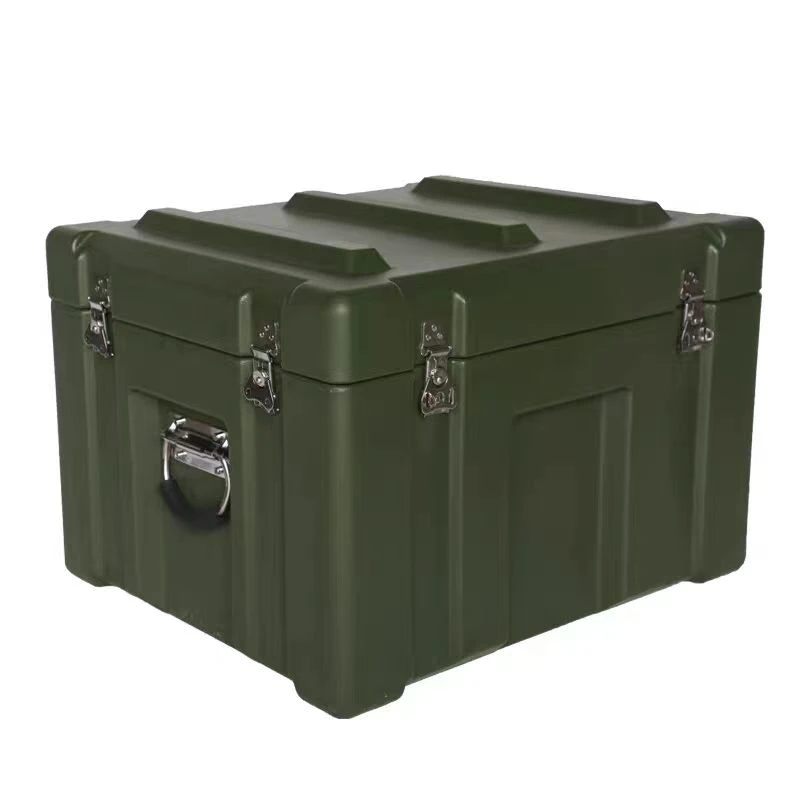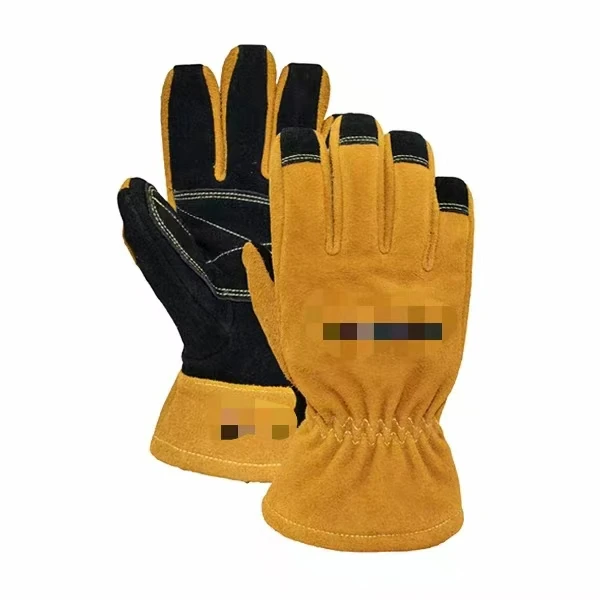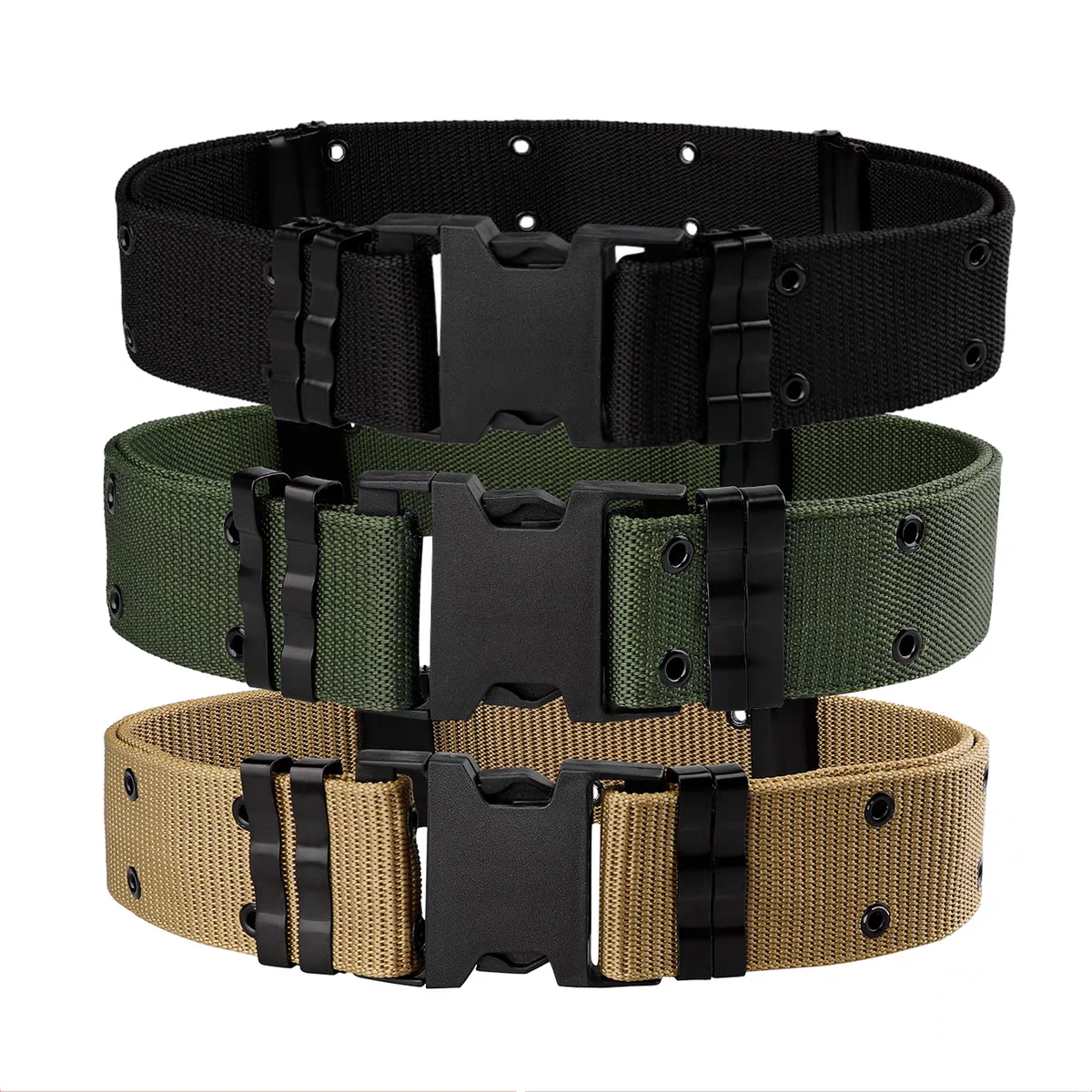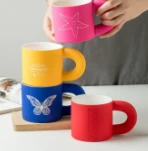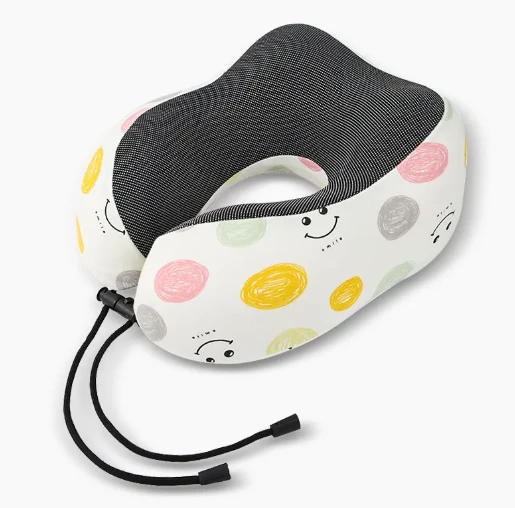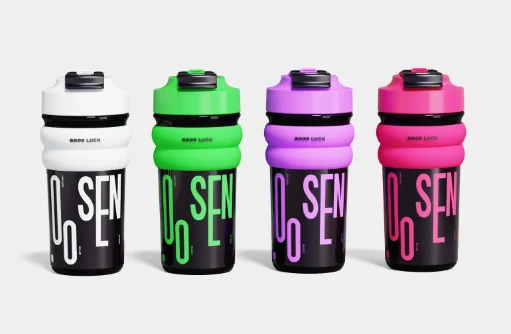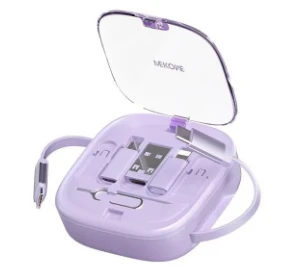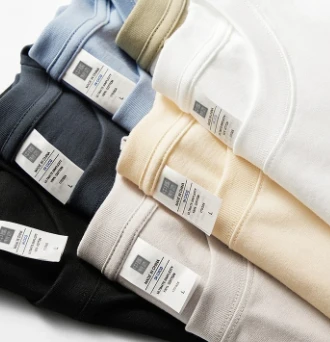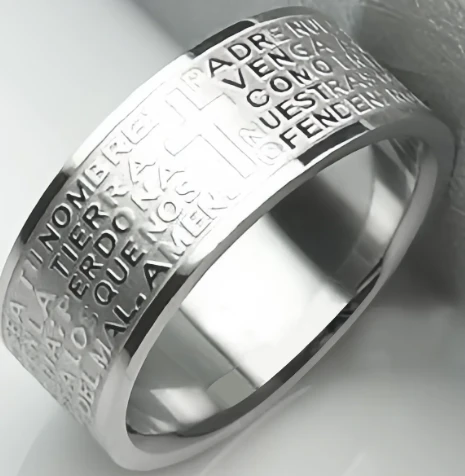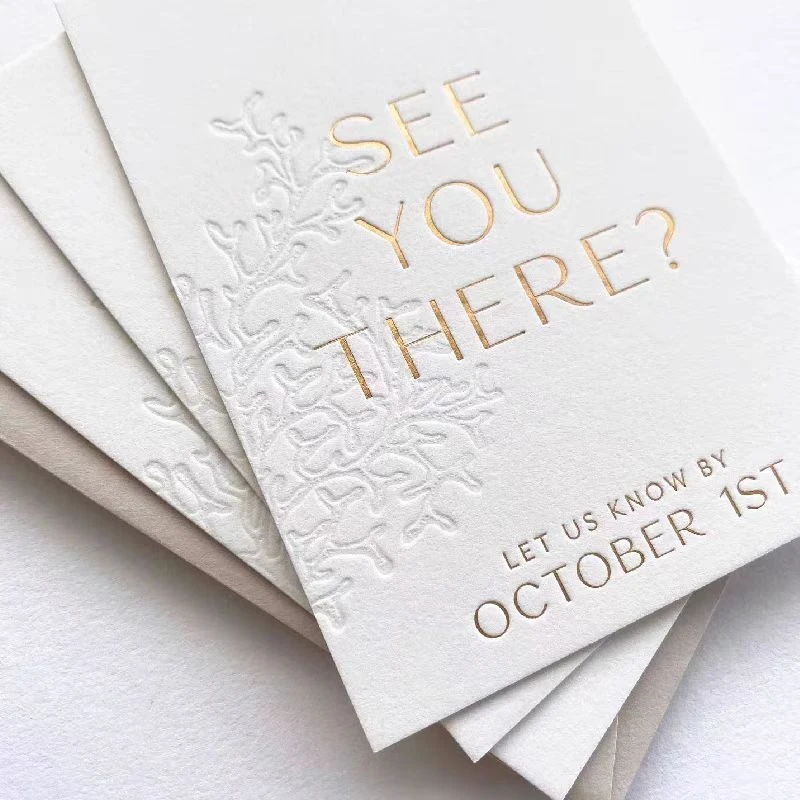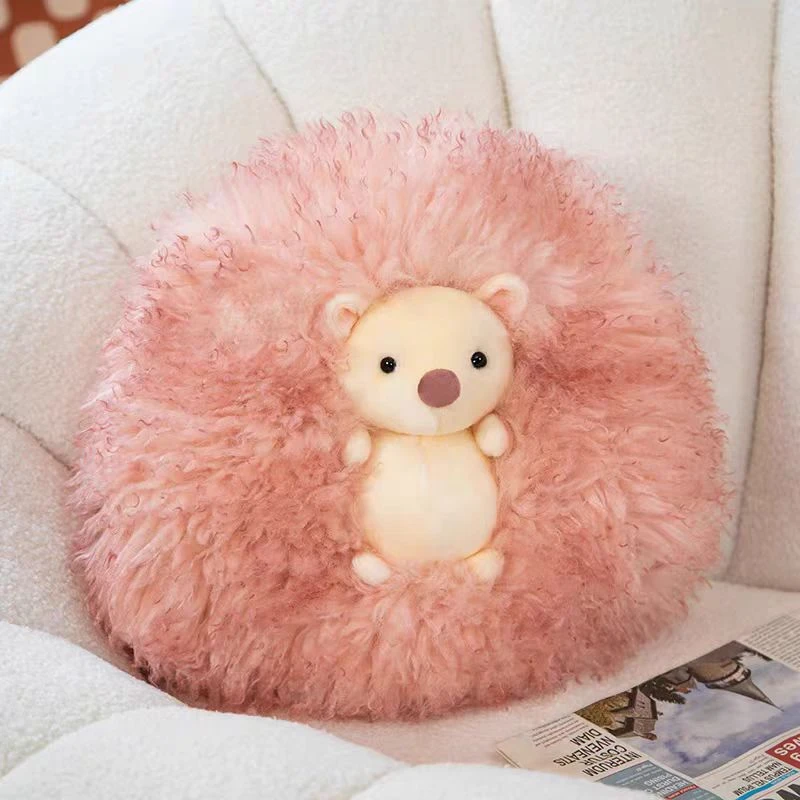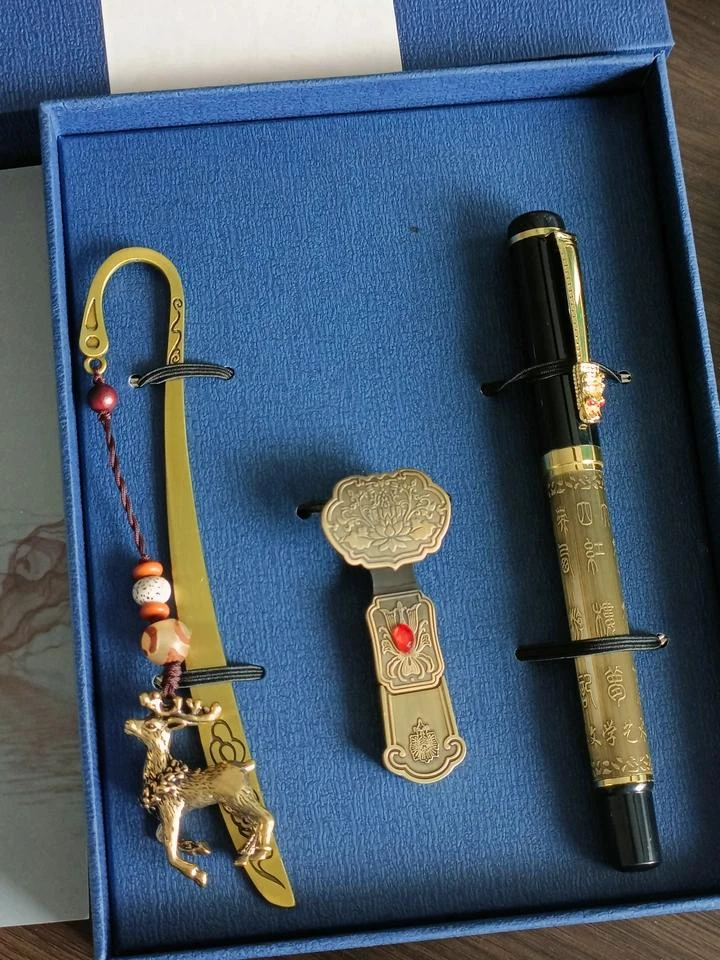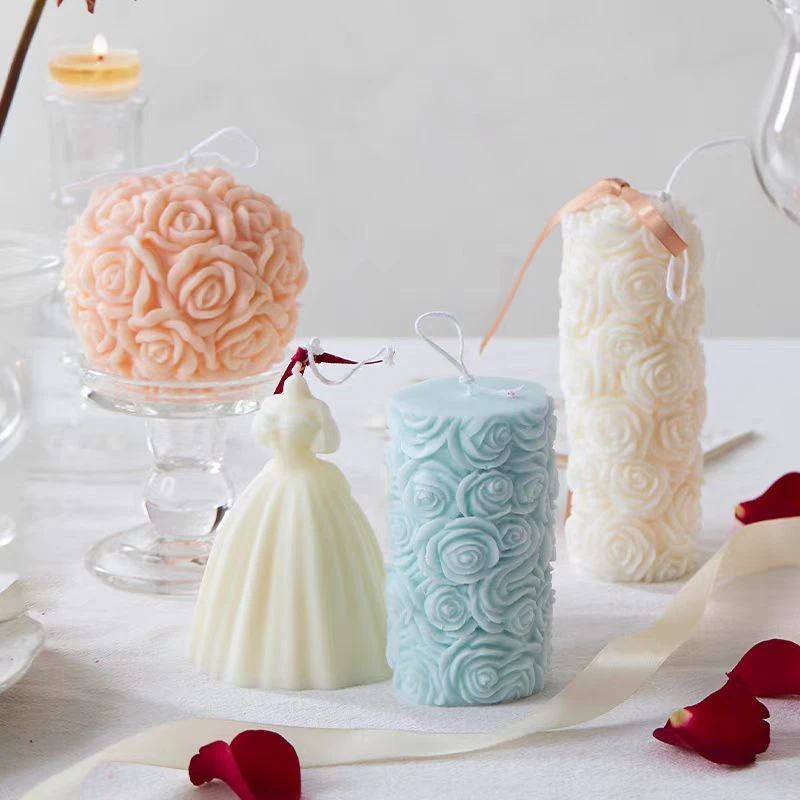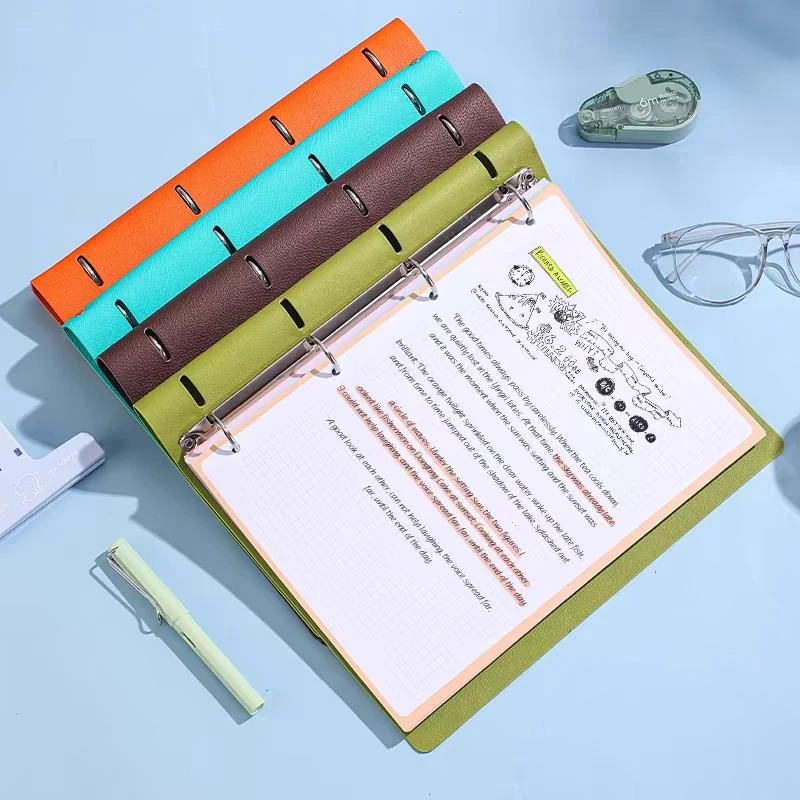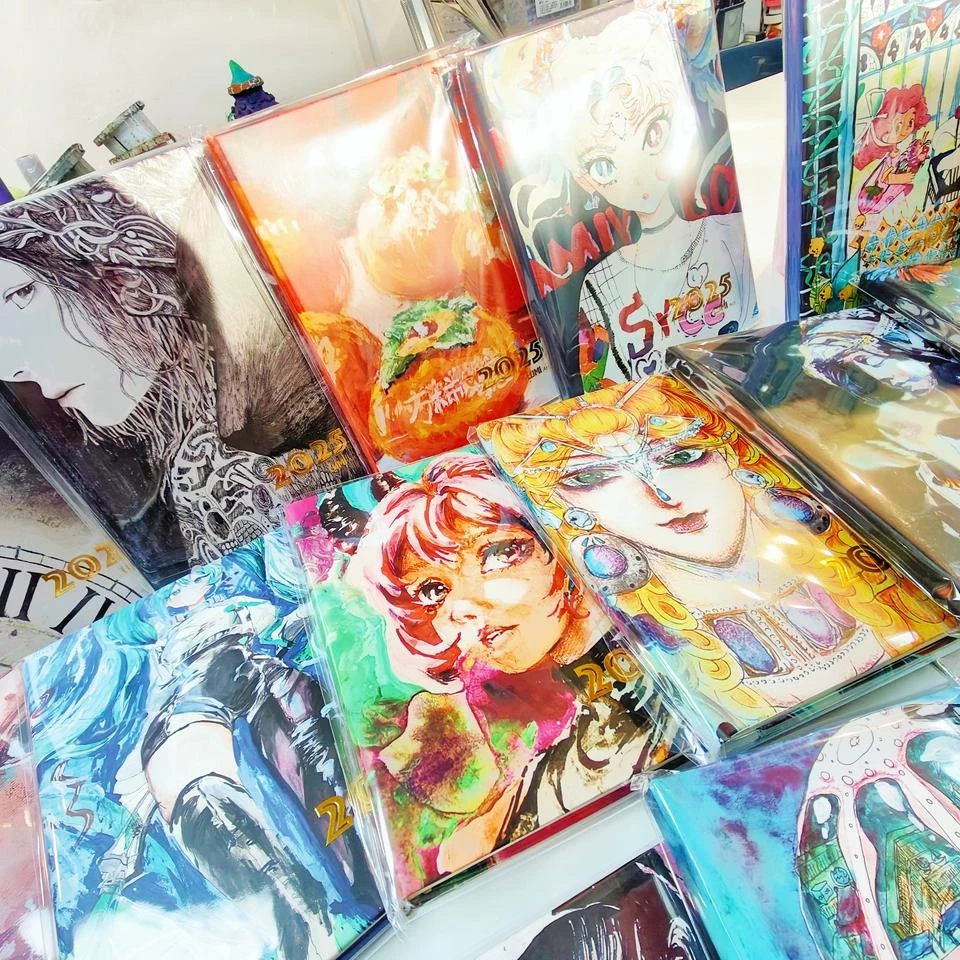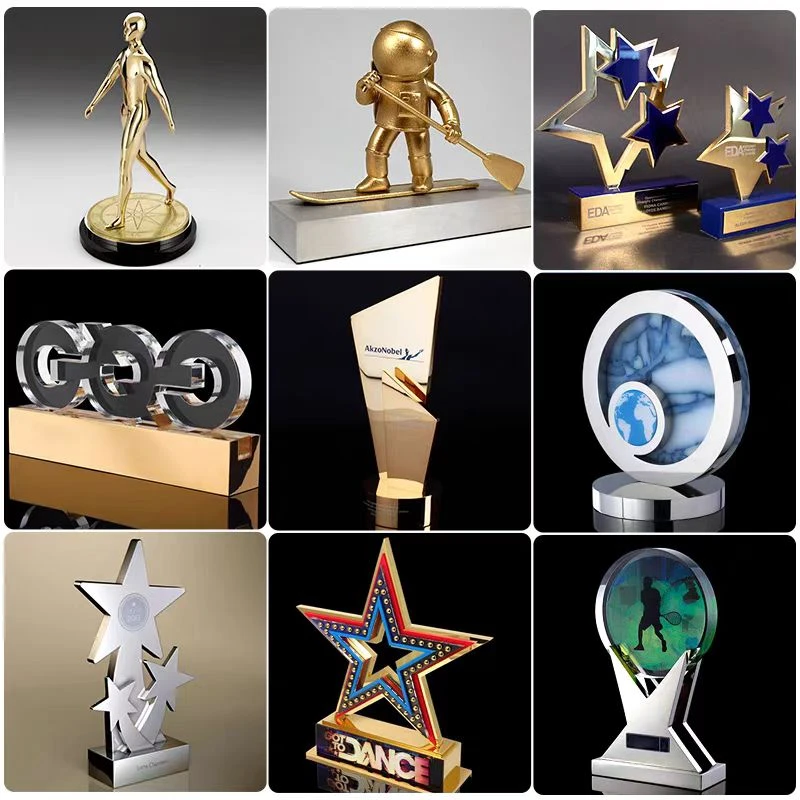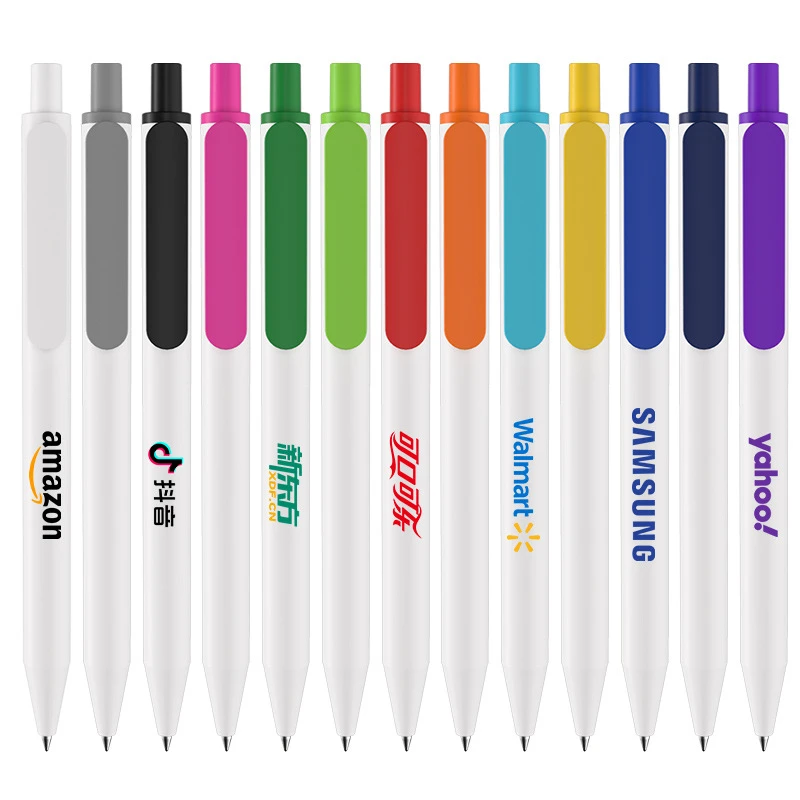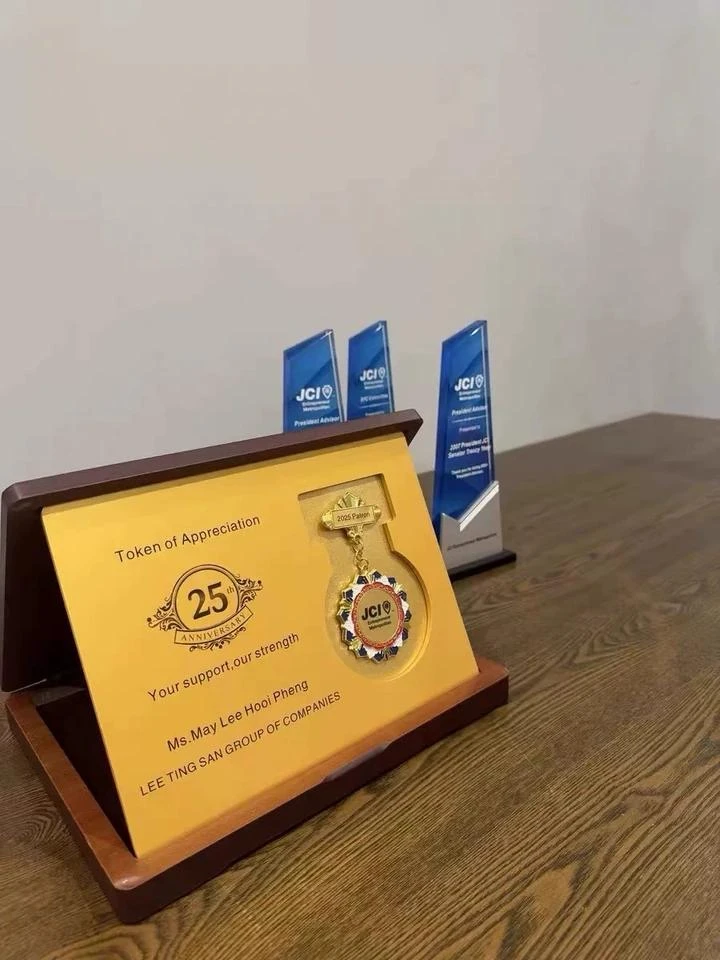Premium Custom Embroidered T-Shirts Personal Designs
- Exploring the Value of Personalized Stitched Apparel
- Precision Engineering in Embroidery Technology
- Manufacturer Capability Comparison Matrix
- Workflow Options for Unique Design Requirements
- Industry-Specific Implementation Successes
- Preservation Techniques for Embroidered Garments
- Strategic Advantages of Branded T-Shirts

(custom embroidered t shirts)
Exploring the Value of Custom Embroidered T Shirts
Personalization transforms ordinary clothing into brand assets. Custom embroidered shirts generate 68% higher brand recall than printed alternatives according to textile industry analytics. Unlike heat transfers that deteriorate after 25 washes, embroidered threads maintain integrity through 75+ launderings, making them the preferred choice for corporate uniforms and promotional gear. The dimensional texture creates tactile engagement, reinforcing professional image perception across hospitality, education, and corporate sectors.
Precision Engineering in Embroidery Technology
Modern digital embroidery machines achieve needle placement accuracy within 0.1mm using computerized pattern digitization. Industrial Tajima devices with 15 needles simultaneously apply 1,200 stitches per minute across diverse fabric types. Unlike screen printing that requires color separation, multi-needle systems automatically switch between 12 thread colors without interruption. Proprietary tension-control systems prevent puckering on stretch fabrics like performance polos. This technical evolution allows rendering complex logos with gradients and fine details previously exclusive to printed designs.
Manufacturer Capability Comparison Matrix
| Feature | Budget Producers | Mid-Tier Suppliers | Premium Manufacturers |
|---|---|---|---|
| Stitch Density (per sq inch) | 4,500 | 7,200 | 12,000+ |
| Color Change Automation | Manual | Semi-automated | Full auto-threading |
| Minimum Order Quantity | 100+ units | 25 units | Single unit |
| 3D Foam Embroidery | ✗ | ✓ | ✓ |
Production capabilities directly impact design complexity and cost efficiency. While budget producers average $9.99 per custom golf shirt embroidered with simple logos, premium manufacturers charge $19-$24 for dimensional foam embroidery and metallic thread details.
Workflow Options for Unique Design Requirements
Professional embroidery houses provide multiple customization pathways. Digital upload portals with instant visualization previews accommodate quick-turn projects, while dedicated designers assist with complex vector conversions for legacy artwork. Beyond standard thread palettes, specialty finishes include: UV-reactive embroidery for night visibility, heat-activated color-changing threads for temperature-sensitive applications, and antimicrobial-treated yarns for healthcare environments. For corporate accounts, cloud-based asset management systems maintain version control across global locations.
Industry-Specific Implementation Successes
Tournament operators report 23% higher merchandise revenue when offering custom golf shirts embroidered with participant names versus generic stock. Campus stores note 19% reduction in lost inventory when student organizations use uniquely stitched identifiers. Restaurants requiring uniform refreshes save approximately $14,800 annually by embroidering existing garments rather than replacing printed polos. Recent innovations include RFID thread integration for inventory tracking and conductive embroidery circuits for wearable tech interfaces.
Preservation Techniques for Embroidered Garments
Proper maintenance extends garment lifespan significantly. Turn garments inside-out before washing in cold water (max 30°C/86°F) using phosphate-free detergents. Avoid chlorine bleach which deteriorates thread polymers. Industrial strength embroidery withstands commercial dry cleaning solvents but home ironing requires protective cloth barriers with steam function disabled. Storage recommendations include flat folding rather than hanging to prevent shoulder distortion of designs. Following these protocols maintains stitch definition for approximately 30% longer than conventional care practices.
Strategic Advantages of Custom Embroidered T Shirts
Investment in customized apparel delivers measurable ROI beyond aesthetics. Companies distributing custom embroidered shirts to employees report 41% increase in brand visibility according to marketing metrics. Durability reduces replacement costs – professionally stitched shirts average 4.2 years of service life compared to 1.8 years for printed counterparts. Custom embroidered t-shirts consistently outperform other promotional products with 72% retention rates, transforming recipients into brand ambassadors with every wear. This longevity combined with professional presentation makes embroidery the premium choice for corporate identity programs.
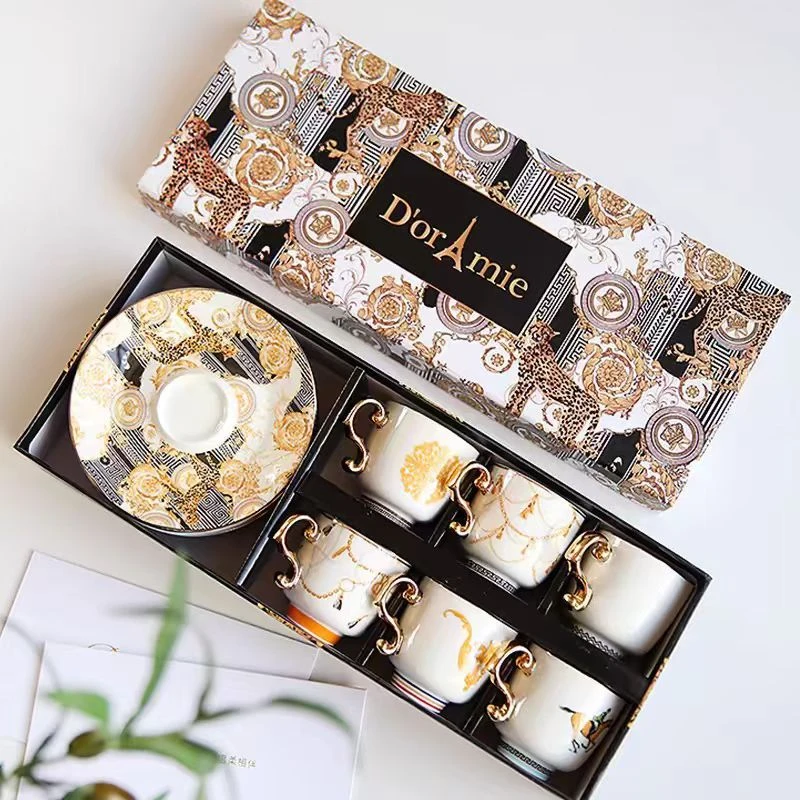
(custom embroidered t shirts)
FAQS on custom embroidered t shirts
Q: What are the advantages of choosing custom embroidered t-shirts?
A: Custom embroidered t-shirts offer durability and professional aesthetics. The stitching withstands frequent washing while elevating your brand visibility. This creates long-lasting wearable branding.
Q: How long does embroidery take on custom golf shirts?
A: Embroidery on custom golf shirts typically requires 3-7 business days after approval. Complex designs with multiple thread colors may extend turnaround times slightly. Rush services are often available.
Q: What file format do you need for custom embroidered shirt designs?
A: Vector files (AI, EPS, PDF) are ideal for custom embroidered shirts. We digitize your artwork into stitch patterns - high-resolution PNG/JPG files can also serve as design references.
Q: Is there a minimum order for custom embroidered t shirts?
A: Minimums typically start at 12 pieces per design. Smaller quantities may incur setup fees due to digitization costs. Volume discounts apply for orders over 50 units.
Q: Which fabrics work best for custom embroidered shirts?
A: Cotton twill, heavyweight pique, and polyester blends are optimal. These dense weaves provide stable foundations for embroidery without puckering. Performance fabrics are preferred for athletic applications.








